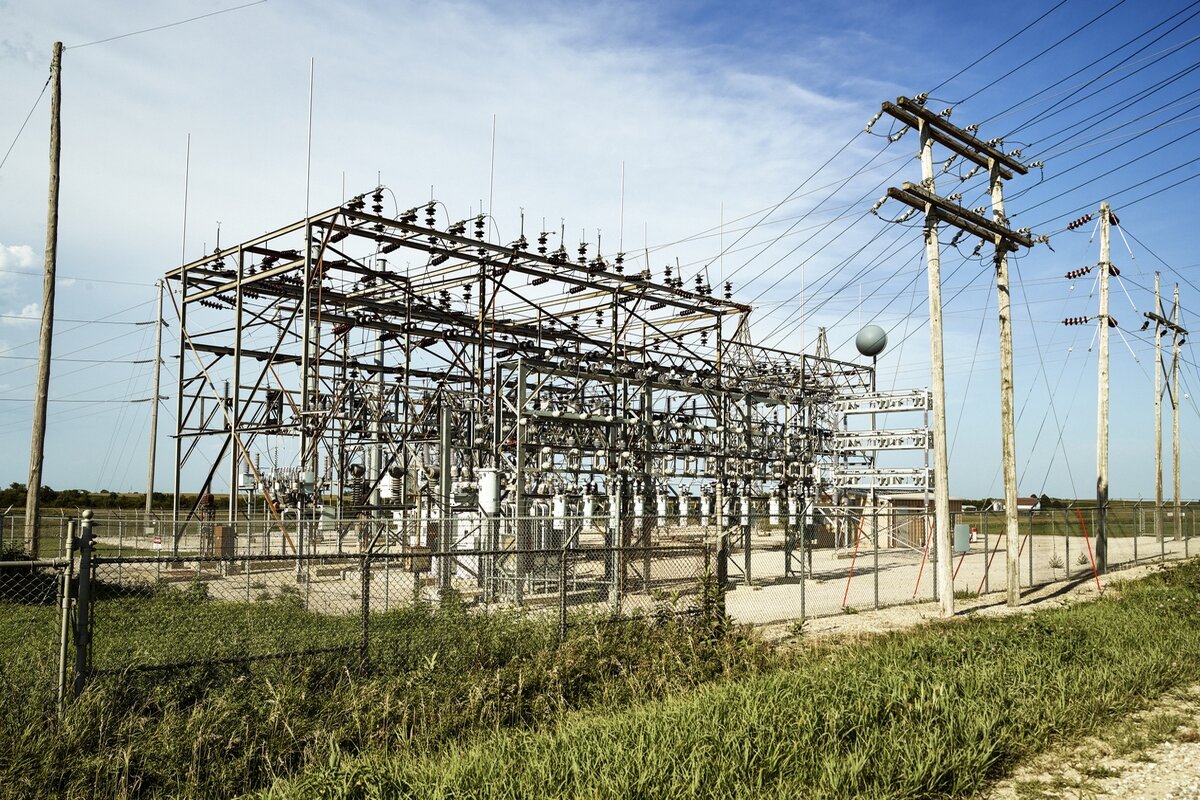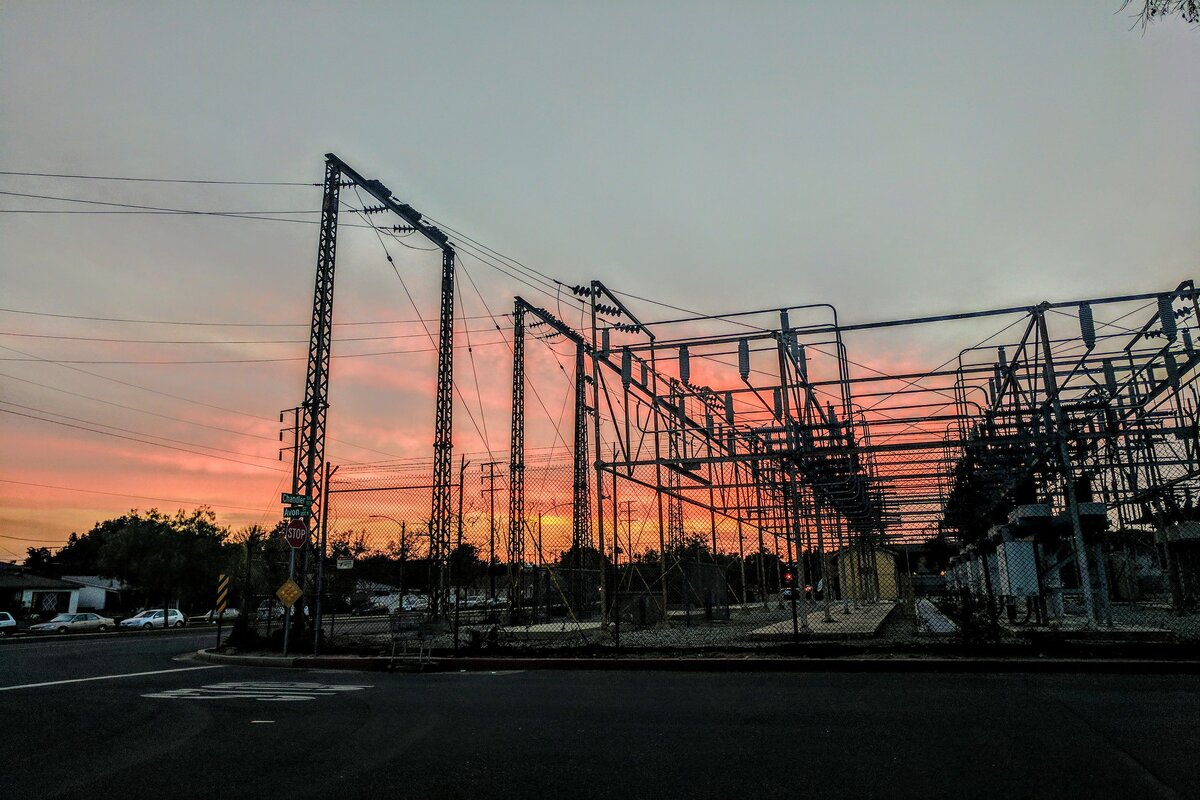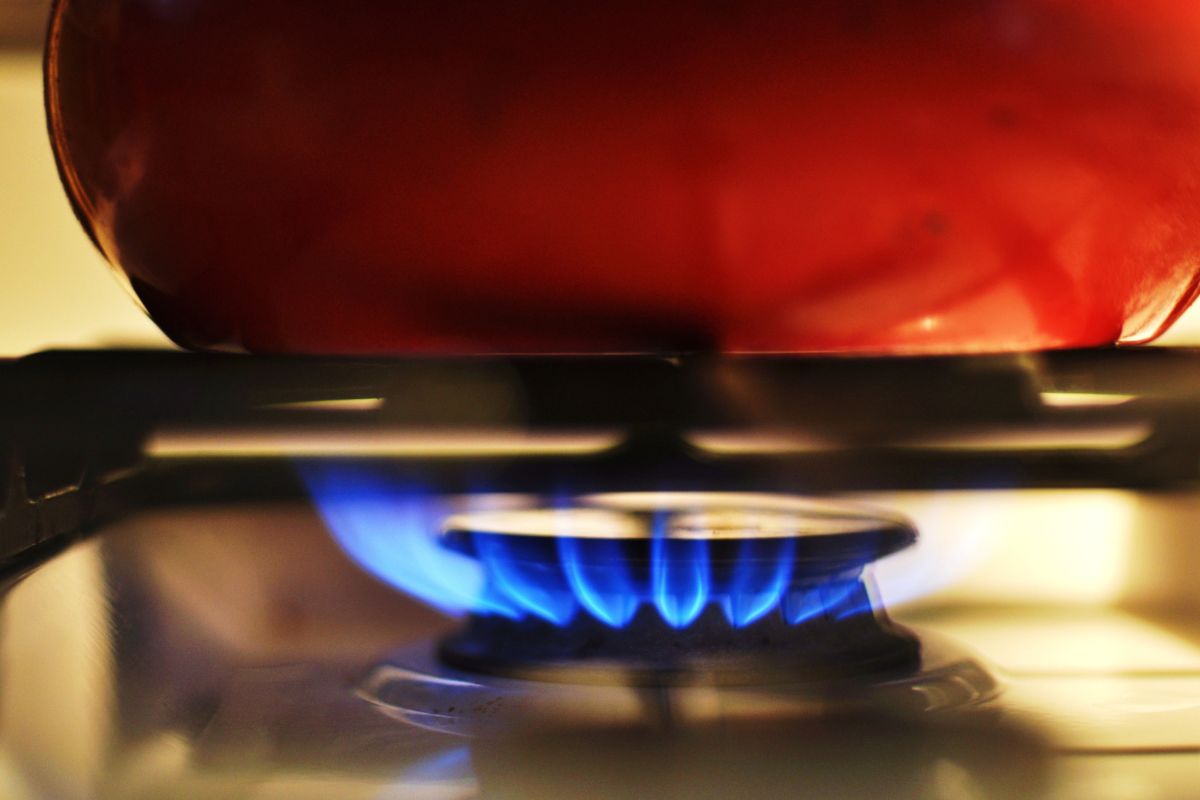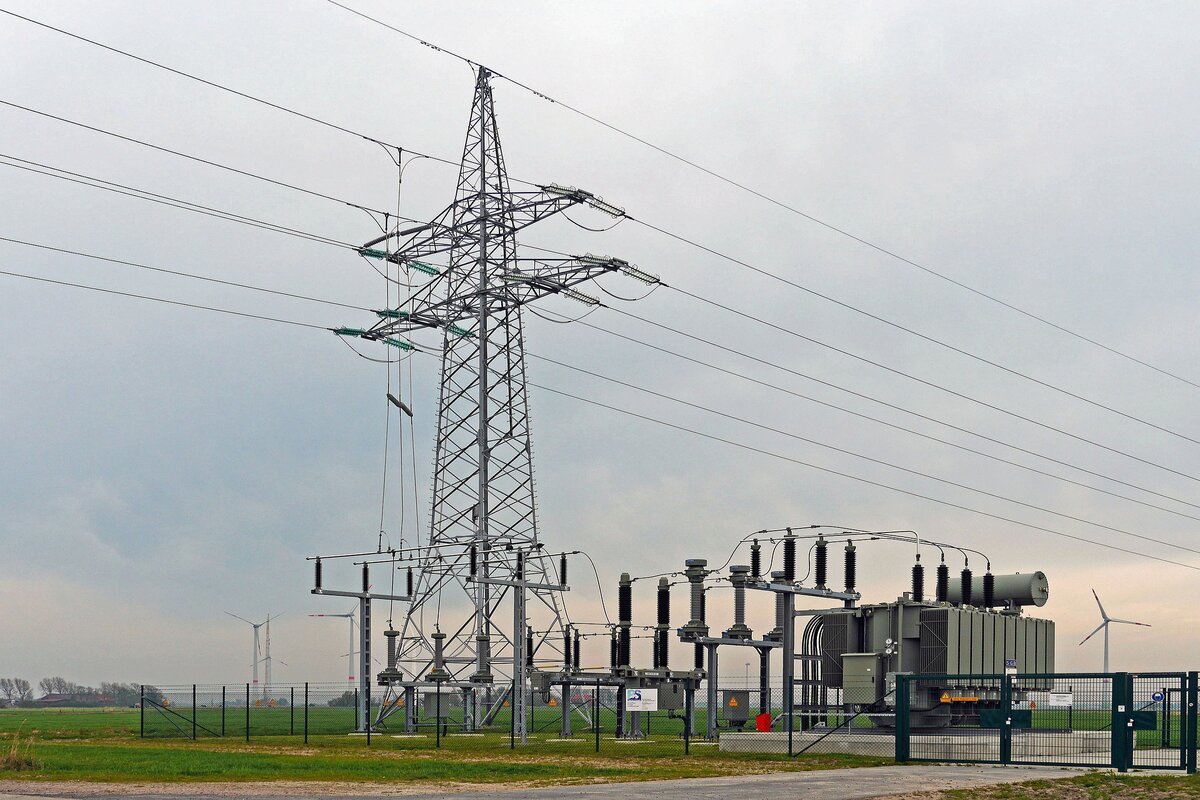
Many American consumers are served by the local utility and billed each month for consuming energy. But the fact is, homes and businesses in many parts of the country have the choice to pick who supplies their energy – electricity and/or natural gas. Here’s how “energy choice,” as it’s called, works.
In this article:
- Basics of Energy Choice
- Difference Between Suppliers, Utilities, and Generators
- How Does It Work?
- Benefits of Energy Choice
- Deregulated Energy States
- FAQs
The Basics of Energy Choice
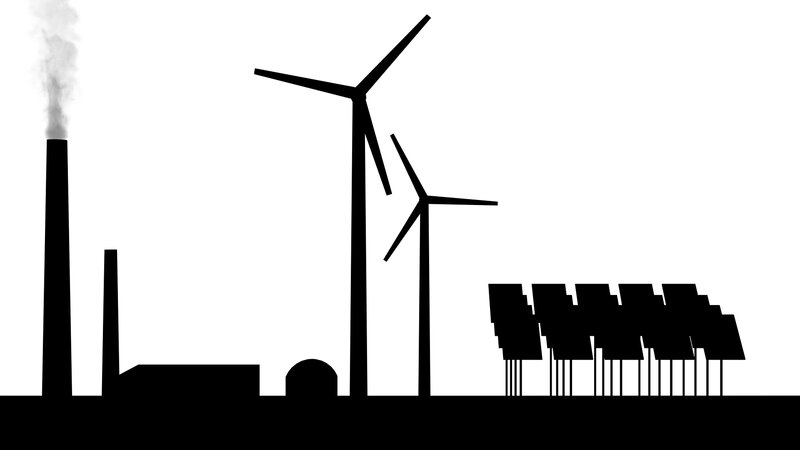
Energy choice means that energy consumers have the freedom to choose how and from whom to buy electricity and natural gas. It is a government-mandated utility program that gives commercial, industrial, and residential customers the opportunity to shop from different energy programs or rates.
Before the 1980s, homes and businesses used to purchase their energy supply from local utility companies that served their region. That was your utility, and you didn’t have a choice. Later, around 17 states began to change regulations to allow energy suppliers to offer electricity and natural gas directly to consumers. This deregulation was met with a positive response, mainly because power was available at lower rates.
This is why the technical term for the concept of energy choice is “energy deregulation.” Energy deregulation also birthed competition between suppliers, which translated into energy savings and plan options. The competitive energy market encourages energy providers to offer low energy costs and a high-quality customer experience.
The Difference Between Generators, Utilities, and Suppliers
Energy choice separates energy service into three basic components: generation, transmission, and distribution. Energy reaches you through the interconnected work of generators, suppliers, and utility companies. Let’s see what they do in a little more detail:
Generators
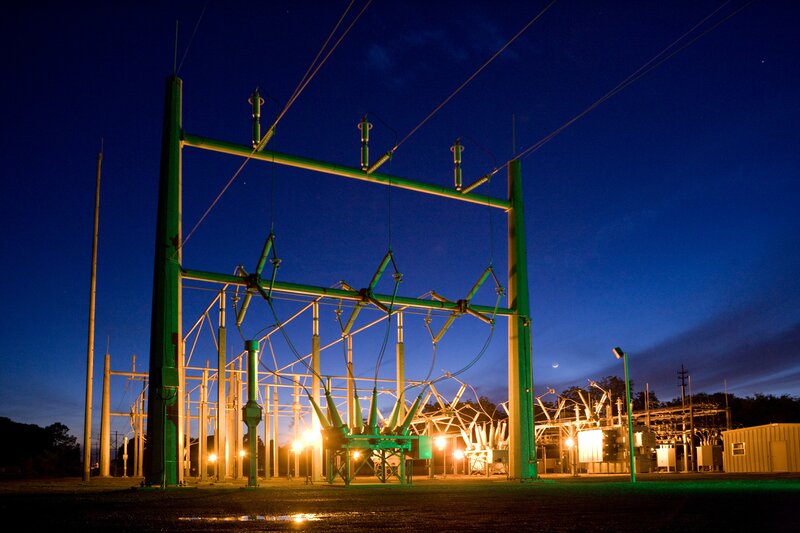
Generators, or energy generation companies, produce energy. They generate electricity or process natural gas from renewable sources such as solar, wind, and from natural gas, and other green sources.
Most traditional generators process coal and fossil fuels to create electricity. Once generated, electricity is added to the grid. It then travels on power lines managed by utilities to be delivered to consumers.
Utilities
Utility companies manage the energy infrastructure. This is the company you call in case of a power outage. They are responsible for repairing and maintaining transformers, pipes, wires, and poles and for delivering electricity and gas to consumers. In other words, utilities make sure that the electricity or natural gas you buy is successfully delivered to you.
They’re also the ones in charge of reading your electric meters. The utility company will probably be your default energy supplier if you don’t shop for one.
Suppliers
The suppliers or transmitters sell electricity or natural gas that the utility delivers. Suppliers provide retail energy through utility company infrastructure by competing in an open marketplace with various incentives and services.
These companies purchase energy on behalf of their customers at the best possible rate. Some of them are both generators and suppliers. Consumers can browse and choose the most appealing supplier that best fits their energy needs.
Keep in mind that energy providers must be licensed by the Public Utility Commission or PUC of each state to work in the area. All certified suppliers are held accountable for pricing, switching services, contracts, and more regulations.
How Does It Work?
Choice programs allow customers to purchase energy from deregulated entities. Here’s how it goes:
- Generation companies process natural gas and generate electricity.
- Retail energy providers then purchase this electricity and natural gas from the open market. They compete with other energy suppliers in the energy choice market to sell electricity and gas to residential and commercial customers.
- Customers get to look around, choose an energy supplier that offers the best rates, and purchase electricity or natural gas directly from them. All available companies and energy rates offered in deregulated communities can be checked and compared on the Public Utility Commission (PUC) website.
- The electricity or natural gas is then transported to the customer through infrastructure owned by their local utility. The infrastructure includes wires or pipelines for the transmission of energy.
- The utility company delivers energy to homes, businesses, and other subscribers and sends a monthly invoice for distribution charges. They read your energy meter for the units used and bill accordingly.
The Benefits of Energy Choice
Competitive energy markets give customers buying freedom and the ability to switch suppliers if they feel underserved. Here are a few other advantages of energy choice:
Better Value and Service
A competitive market generally provides cheaper power to customers than a regulated market because a competitive market drives prices down. Residents of deregulated states can enjoy lower energy rates than the utility default rate. That’s typically expressed as cents per therm or cents per kWh.
Competition among energy firms also motivates suppliers to offer excellent customer service to consumers. Such lower rates present real opportunities for savings and can really help you save up on your monthly gas and electricity bills.
Budget Certainty
When you lock in a fixed rate with an energy provider, it is easier to budget your energy costs and avoid future volatility. Many retail energy companies also let their customers pick certain energy rates for set periods and offer multiple fixed-rate plans. Especially for residential customers, such contracts are best for peace of mind.
Clean Energy Choice
Since more and more consumers are concerned about the harmful impacts of fossil fuels on the environment, some energy suppliers allow their customers to pick clean energy. Renewable energy sources are a great option if you’re conscious of your environmental footprint.
There are lots of environmental and health benefits of switching to energy generated from renewable sources like wind or solar or ones that include carbon offsets to control greenhouse gas emissions.
Promotional Incentives
Energy companies frequently offer rewards for enrollment, such as airline miles, gift cards, etc. These incentives and the supplier’s rate (if it works for you) could create a good combination for your budget.
Buying Power
With most choice programs, you retain the power to choose who fulfills your energy needs. For instance, you have complete freedom to choose both your electricity and natural gas providers in states like New York or Ohio. In states like Indiana, only natural gas is available in the competitive market for the residents.
Energy Efficiency
Energy choice also empowers users to become more energy efficient as they can choose providers with energy-efficient resources and practices.
Deregulated Energy States
A few states in the U.S have deregulated their electricity market, while others deregulated natural gas. And in some states, you get both.
Let’s take a look at all the states and cities in the U.S that have deregulated energy markets or are considering it:
| State | Has Deregulated Electricity | Has Deregulated Natural Gas |
| California | Partial choice, very limited | Yes |
| Connecticut | Yes | Partial choice, very limited |
| Delaware | Yes | No |
| Florida | No | Yes |
| Georgia | No | Yes |
| Illinois | Yes | Yes |
| Indiana | No | Yes |
| Kentucky | No | Yes |
| Kansas | No | Only for commercial or industrial customers |
| Maine | Yes | Only for commercial and industrial customers |
| Maryland | Yes | Yes |
| Massachusetts | Yes | Yes, maybe limited |
| Michigan | Yes, but limited (only 10% of the market is deregulated) | Yes |
| Montana | No | Yes |
| Nebraska | No | Yes, but limited options with long switching periods |
| New Hampshire | Yes | Only for commercial and industrial customers |
| New Jersey | Yes | Yes |
| New Mexico | No | Limited options |
| New York | Yes | Yes |
| Ohio | Yes | Yes |
| Oregon | Only for commercial and industrial customers | No |
| Pennsylvania | Yes | Yes |
| Rhode Island | Yes | Yes |
| Texas | Yes | Only for commercial and industrial customers |
| Virginia | Yes, but limited options | Yes |
| Washington D.C. | Yes | Yes |
Frequently Asked Questions About Energy Choice
A few benefits of switching to renewable energy include:
• Inexhaustible energy supply
• Improved air quality
• Reduced global warming
• Stable energy prices
• Creation of jobs in manufacturing, installation, etc. that help the economy
• Reduced dependence on imported fuels
Yes, you can easily switch your energy provider. Generally, it does not cost anything to switch from one supplier to another. But there may be some early termination charges if you make the switch before the contract expires.
In most cases, yes, you can change your energy supplier even if you’re a tenant. However, it is always better to check your rental agreement or ask the landlord for confirmation.
Energy choice is an excellent way to take control of your energy needs and manage finances better. But it can be complicated. You can always reach out to an expert to help you choose what’s best for your lifestyle.
Main Photo by: Pixabay
